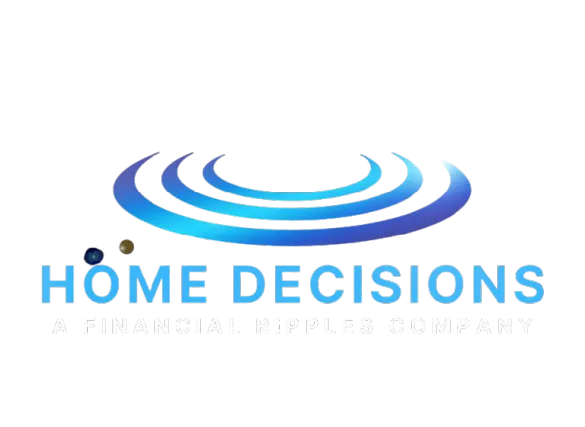Home Ownership
Owning a home is often your biggest investment but also your biggest risk. Protection both financially and legally are paramount. Also, a very important question you must ask before purchasing is, "how much home can I buy or how much home should I buy?" This seemingly small decision can have a dramatic ripple effect on life insurance, retirement and liquidity.
Home Ownership Decisions are About more than just qualifying
Home ownership is foundational and a major Financial step for your future.
Watch our short educational video to discover why it's so important to look at a home purchase as part of an overall plan and why doing it right can improve retirement outcomes.
A housing market in chaos
Upsize, downsize or even invest?
Every housing decision is an investment decision. You need to consider the current market and how it affects your liabilities and liquidity.

Financial Foundation
For most families, the home is their largest asset and the cornerstone of their financial plan. It builds equity over time, creating forced savings. Homeownership also influences borrowing power, insurance needs, and estate planning decisions that affect your entire financial picture.
The Housing Ripple Effect
Every choice related to your home, from purchase price to equity use, creates ripple effects across your finances. Overleveraging can limit liquidity which can reduce progress toward other goals related to your retirement, investment plans, and insurance.
Liability Management
Your mortgage is one of your most powerful financial tools. How you structure and manage that debt can either accelerate wealth or erode it over time. By strategically managing rates, terms, and equity use, you can reduce overall liability, improve cash flow, and strengthen your long-term financial position.
Family Protection
Homeowners insurance covers the lender first, but not your family's financial security. Life insurance can protect the ability to make payments if income stops. A trust in an estate plan ensures the home transfers smoothly to loved ones without probate delays.

Subscribe to our channels
© 2025 -303-596-6464 myhomedecisions - All Rights Reserved.